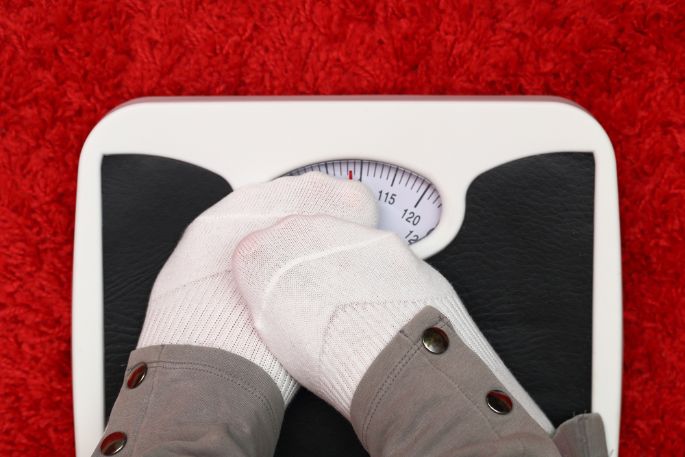Bulimia nervosa is a mental health condition that involves a cycle of binging and purging. Binge eating episodes are often associated with starchy foods and fatty foods. This may occur at least once a week and can be a way for the sufferer to cope with stress or anxiety. It can be difficult to recognize if someone has an eating disorder, and bulimia is often a hidden problem. However, if you suspect that someone you know is suffering from this condition, there are several things you can do to help.
One of the first things you can do is talk to your loved one. You can ask them questions about their behavior and offer support and encouragement. You can also encourage them to seek professional help. If they refuse to talk to you, consider getting involved with an organization for people with eating disorders. These organizations can offer guidance, as well as resources to speak with trained crisis counselors.
You can help the person you love by providing a safe space for them to express their emotions. A lack of communication can lead to distorted thought patterns, making it hard to recognize treatment. Your role can include helping them find a qualified physician and establishing a schedule for regular medical appointments.
You can also help by watching for behaviors that indicate bulimia. For instance, you might notice that the patient often sleeps all day. Also, you might see that they have a low body weight. Some patients even have vitamin and mineral deficiencies.

In addition, you might notice signs of self-induced vomiting. The stomach acid in the vomit can eat away at tooth enamel, leading to gum disease and bad breath. Another symptom is bursting blood vessels in the eyes.
While bulimia symptoms can be serious, the good news is that they are treatable. A good doctor will be able to help you recover. They may include medication and nutrition counseling. Getting treated early can greatly improve the chances of full recovery.
You can also help by learning more about bulimia. By doing so, you can provide your loved one with a clearer picture of the disorder and how to get help. Fortunately, there are many resources available to provide information about eating disorders. Learn more about the different types of eating disorders and how they affect a person’s mental and physical health.
Seeing your loved one’s dental health begin to deteriorate is another warning sign. Bulimia often causes tooth decay, and in some cases, it can lead to gum disease and other oral problems. When you have a discussion with your loved one about the disorder, you can also point them in the direction of a qualified dentist.
Even if your loved one is reluctant to open up about their eating disorder, it is important to be aware of the symptoms and to start a conversation. Keeping an open line of communication will allow you to catch the problem ear









